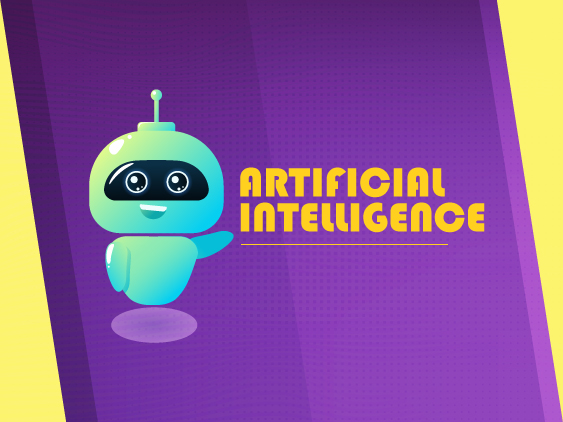The rise of Artificial Intelligence (AI) and Automation has sent shockwaves through the global economy and is poised to fundamentally reshape the future of work. McKinsey & Co reports that 50 percent of jobs today are automatable with current technology alone. But while AI might be driving the disruption, it could also hold the key for navigating the coming changes.
Agile companies are already using AI to empower employee growth and foster internal talent mobility. As entire roles shift or fade and new ones arise to take their place, identifying and connecting existing employees with emerging opportunities will be paramount. This presents challenges, but the matching power of Artificial Intelligence makes it ideally suited for the job.
What Is the Future of Work?
According to Deloitte, the future of work will encompass the coming changes not just to work itself, but also changes to the workforce and the workplace. While precise predictions are difficult to make, a growing consensus is starting to materialize around what the future of work will look like. First of all, flexibility, diversity, and constant learning will come to define tomorrow’s workplace. That’s because, for 60 percent of all occupations, automation of 30 percent of their tasks is imminent. This means that most workers—from welders to lawyers to CEOs—will soon work alongside powerful new machines. Rapidly evolving technology will change the very nature of these roles—and of work as a whole.
But not all change will be negative. A recent World Economic Forum report projected that the coming loss of 1 million jobs would be more than offset by a simultaneous gain of 1.75 million new ones. In other words, these new technologies hold the potential to employ more people than they replace. Furthermore, savvy employers can leverage AI to train employees for new roles whose jobs have been automated. In a 2018 survey of leading executives, 55 percent said they would rather laterally move people to new roles than release and replace them.
Read More: How Much Artificial Intelligence Has Changed the Forex Trade
Leveraging AI to Prepare Employees
In addition to identifying existing internal talent, AI can be used to upskill current employees for newly created jobs. IBM recently conducted an in-depth study to explore how HR leaders are responding to crucial changes in the business landscape. They found that talent leaders are turning to Artificial Intelligence to help revamp their workforce while offering current employees personalized career development. By matching the delivery of employee learning opportunities with evolving business needs, AI is helping individuals and teams respond to rapid change with speed and agility.
One potential opportunity is to use AI to pinpoint individuals whose skill set closely matches related roles, then identify exactly what new skills or credentials they need to acquire and create a customized development plan. Beyond connecting employees to education programs, AI can also be used to create an in-house “gig-economy” by offering short-term stretch projects in different departments. This type of exposure and hands-on experience can accelerate employee growth and smooth lateral transitions.
The same technology can be used for full-time internal career moves and mentorships in which employees could learn targeted skills on the job while gaining greater satisfaction in their career progression within the company. Such flexible, yet intelligent approaches to employee upskilling ensure they are constantly growing and diversifying their skill sets to stay relevant in a rapidly changing world.
Read More: Solving the Advertising Talent Problem with Technology
AI-Driven Development in Action
An excellent example of such AI-driven employee development in action comes from the consumer goods giant, Unilever. This June, Unilever announced the introduction of its Flex Experiences platform. With nearly 155,000 employees in a variety of fields spread across the globe, creating a responsive internal talent marketplace would seem a daunting challenge. That’s where the matching prowess of AI comes into play. Leveraging Intelligent Software, the Flex Experiences platform enables full, real-time visibility into open roles in the organization – both full-time and part-time and personally suggests employees relevant opportunities and avenues for advancement.
During the first year of the program, Unilever reported that upwards of 30,000 employees across departments had seen marked benefits. Satisfaction and engagement spiked, and employees began capitalizing on internal opportunities and accelerating career advancement within the organization. What’s more, is that all of this was accomplished in a frictionless environment requiring no middle-man and limited interference. Employees were finding and pursuing new paths of their own volition at the click of a button. This suggests the demand for such a platform had been there all along and is likely widespread.
While AI and automation seem poised to disrupt and displace many workers, these technologies can also help forward-thinking organizations to successfully transition and re-engage them in the future of work. By analyzing the unique skills and experiences of existing employees, intelligent software can plot a clear career pathway within an organization and even guide employees through the necessary steps to get there. Decreasing turnover and increasing sustained investment in internal staff is a surefire way for companies to not only strengthen their overall business but to foster a culture of innovation and growth.
Read More: Ensuring Workplace Technology Is a Fit for the Long-Term

